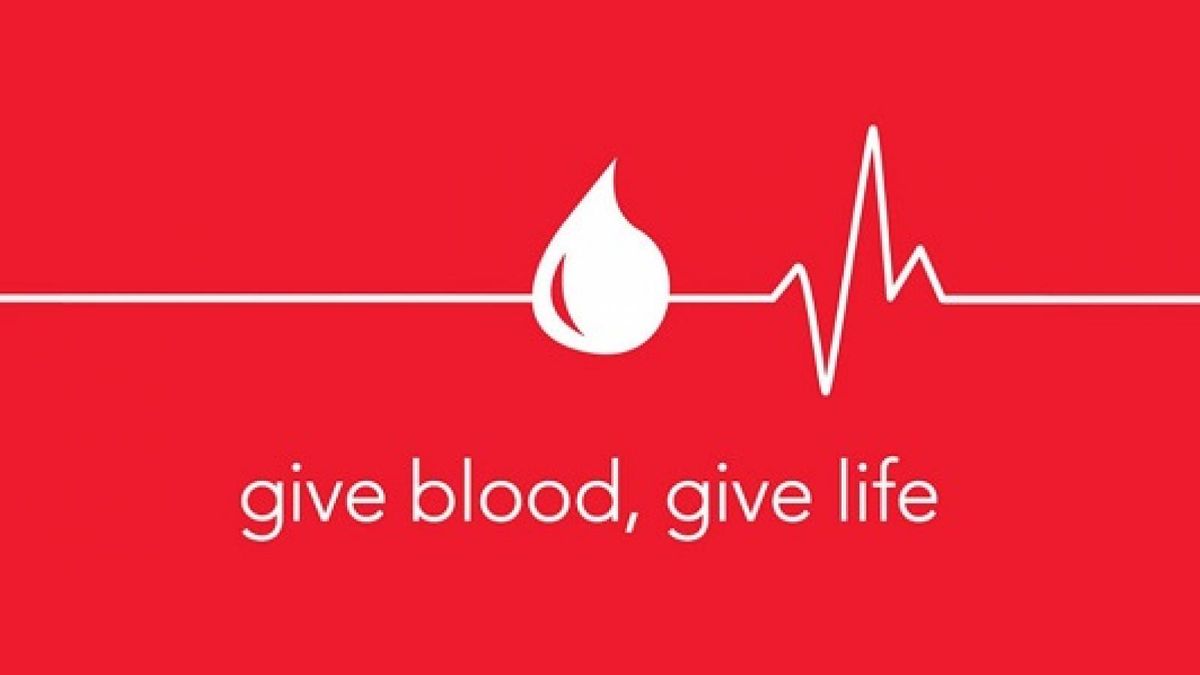
Advertisement
SCHEDULE A TIME “By going to donate blood, you are getting a mini-physical,”says Dr. Robert DeSimone , director of transfusion medicine at NewYork-Presbyterian/Weill Cornell Medical Center. Before you are allowed to donate,your vital signs will be checked to make sure you are fit enough for the procedure. This exam might turn up a condition that needs medical attention, such as high blood pressure or a heart arrhythmia like atrial fibrillation. In addition, you’ll be screened for infectious diseases you may be unaware of. “If we detect an issue with your vital signs or another health issue, we would direct you to go to a physician at that point to be checked,” Dr. DeSimone says. The health screening will also reveal if you have a rare blood type. This information can be useful if you ever face surgery or another medical situation in which a transfusion may be required. Plus, you’ll have the satisfaction of knowing your donation is particularly needed.
Advertisement
Event Venue & Nearby Stays
The Church of Jesus Christ of Latter-day Saints, 591 West 500 North, St George, United States










